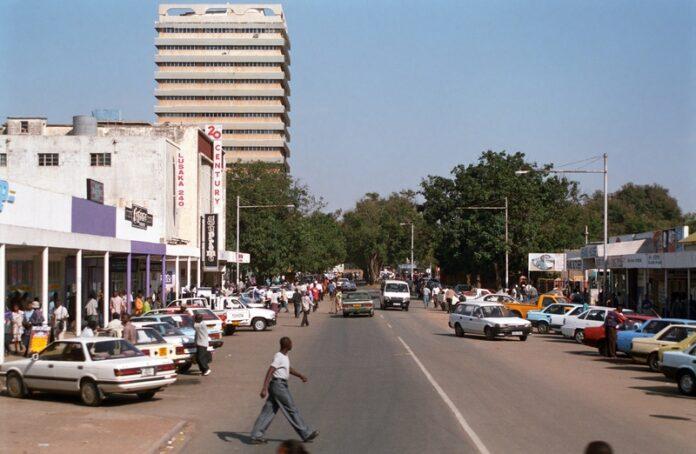Over 400 people have lost their lives in a cholera outbreak in Zambia, with an additional 10,000 individuals impacted since the disease began spreading in October 2023.
The Zambian government has identified cases throughout the country, with a significant concentration in the capital city, Lusaka. The city has been heavily impacted, leading officials to repurpose a large soccer stadium into a treatment center to accommodate the surge in patients.
Cholera, which manifests as severe diarrhea, is commonly associated with poverty and limited access to clean water. The disease is transmitted via contaminated food or water, making it particularly dangerous in areas with inadequate sanitation infrastructure.
Despite the availability of effective and swift treatment for cholera, the mortality rate in the ongoing outbreak in Zambia is worryingly high, at approximately 4%. This figure is notably higher than the usual rate of under 1% when treatment is administered in a timely manner.
In an attempt to stem the crisis, the Zambian government has launched a widespread vaccination drive and is daily distributing around 634,000 gallons of clean water to communities affected by the outbreak.
The National Disaster Management Agency has been activated to manage the situation. However, over half of the deaths occurred before the victims could access medical care, highlighting the critical issues in healthcare provision and disease control.
This outbreak is the most severe Zambia has experienced in 20 years. Health Minister Sylvia Masebo has emphasized the nationwide impact of the crisis, stressing its implications for national health security.
The cholera crisis in Zambia is indicative of a wider trend in Southern Africa. Malawi, Mozambique, and Zimbabwe have also reported recent outbreaks. Since the start of 2023, Southern Africa has recorded more than 200,000 confirmed cholera cases and approximately 3,000 deaths.
Factors contributing to the outbreak include heavy rainfall, storms, and the wider impacts of climate change, which include more frequent and severe storms.
In response to the outbreak, the Zambian government has postponed the reopening of schools from January 8, 2024, to January 29, 2024. This decision mirrors regulations that required schools to be cleaned and inspected during the COVID-19 pandemic.

